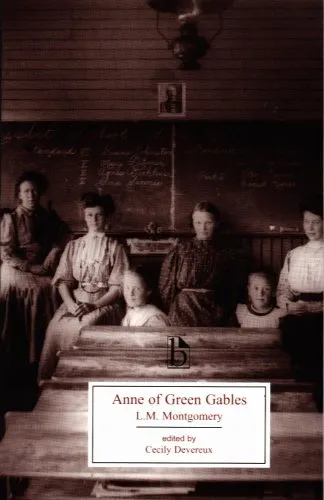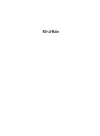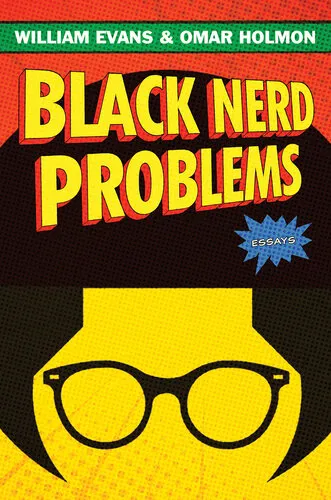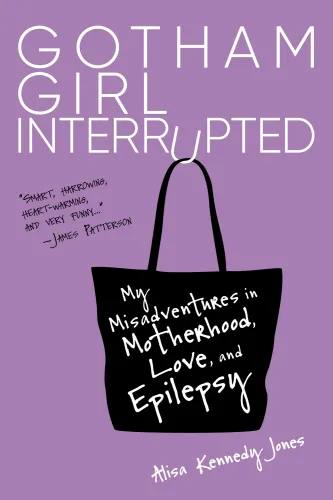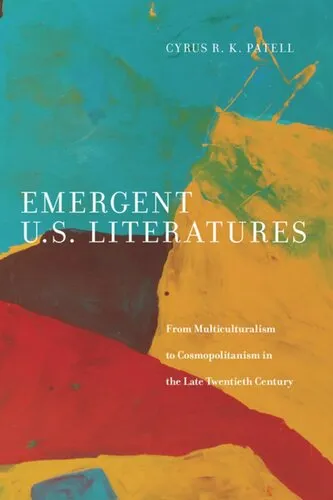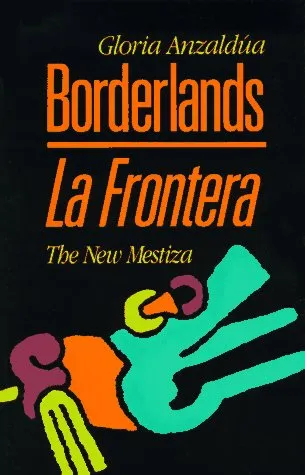Breasts and Eggs
4.5
Reviews from our users

You Can Ask your questions from this book's AI after Login
Each download or ask from book AI costs 2 points. To earn more free points, please visit the Points Guide Page and complete some valuable actions.Related Refrences:
Introduction to "Breasts and Eggs"
"Breasts and Eggs" by Mieko Kawakami is a profound exploration of womanhood, identity, and societal expectations. First published as a novella in 2008, it was later expanded into a full-length novel in 2019. This critically acclaimed work delves into the lives of women in modern-day Japan, addressing issues related to gender, class, and personal struggles in a deeply intimate and thought-provoking manner. Kawakami’s evocative prose and raw storytelling bring readers face-to-face with complex realities that are often left unexplored in contemporary fiction.
A Detailed Summary of the Book
At its heart, "Breasts and Eggs" revolves around three women who grapple with their sense of self and the expectations placed upon them by society. The book is divided into two parts. The first part follows Natsu, a thirty-year-old struggling writer, her older sister Makiko, and Makiko's daughter Midoriko. Makiko, a single mother who works as a hostess in Osaka, is obsessed with the idea of undergoing breast augmentation surgery as a way to reclaim her youth and self-confidence. Meanwhile, her preteen daughter Midoriko has stopped speaking to her entirely, expressing her frustrations and inner turmoil only through journal entries. As Natsu provides a weary but supportive shoulder to her sister and niece, she reflects on her own life choices, relationships, and sense of purpose.
The second part of the novel shifts its focus to Natsu years later, now living in Tokyo and still pursuing her writing career. Her thoughts turn to motherhood and the challenges of conceiving a child without the presence of a partner. As she investigates the possibility of artificial insemination, Natsu confronts societal norms, her fears of isolation, and her own sense of identity. This section provides a sobering yet deeply compassionate look at the realities of reproductive health, financial independence, and the meaning of family in contemporary urban Japan.
In "Breasts and Eggs," Kawakami holds up a mirror to the unspoken struggles of women, deftly intertwining their personal pain with broader cultural critique. Through its richly detailed characters and vivid descriptions, the book captures raw human emotions with both sensitivity and depth.
Key Takeaways
- The novel immerses readers in the intimate struggles of women who face societal pressure, economic hardships, and gendered expectations.
- Motherhood, fertility, and bodily autonomy are central themes, explored through thought-provoking and challenging narratives.
- Kawakami’s writing shines a light on the invisibility often experienced by women, particularly those from working-class backgrounds.
- The book invites readers to critically examine modern Japanese society and, more broadly, universal struggles experienced by women around the world.
- "Breasts and Eggs" conveys the resilience of women faced with challenging circumstances and asks what it truly means to live authentically.
Famous Quotes from the Book
- "All the while, time marches forward, dragging everyone and everything along like garbage swirling down a flooded drain."
- "Being alive is just some kind of miracle, and so is having a body to live in."
- "What does it mean to be yourself? What does it mean to be a mother? No one can give you the answer to that."
- "Sometimes it feels like the world is stitched together by the hopes and fears of mediocre people, and good things only come to those who push past it."
Why This Book Matters
In a global literary landscape often dominated by male perspectives, "Breasts and Eggs" stands out as an unapologetically feminist work. Through its exploration of deeply personal and occasionally uncomfortable topics, the novel challenges ingrained stereotypes and societal norms surrounding femininity and motherhood. Mieko Kawakami’s sharp critiques of gender inequality and class divides resonate beyond the borders of Japan, making the story incredibly universal and relatable.
The novel's focus on women's voices—both the loud and the suppressed—makes it a seminal piece of contemporary literature. Its characters, though flawed and vulnerable, are never without agency, which allows readers to both empathize with and learn from their experiences. Kawakami’s ability to humanize complex social issues with poetic yet accessible prose invites reflection and conversation long after the final page is turned.
"Breasts and Eggs" is not just a narrative—it’s a powerful commentary on what it means to exist in a world that often undermines individuality, especially for women. Whether you're drawn to its raw emotional depth, its cultural significance, or its literary merit, this novel has something profound to offer every reader.
Free Direct Download
You Can Download this book after Login
Accessing books through legal platforms and public libraries not only supports the rights of authors and publishers but also contributes to the sustainability of reading culture. Before downloading, please take a moment to consider these options.
Find this book on other platforms:
WorldCat helps you find books in libraries worldwide.
See ratings, reviews, and discussions on Goodreads.
Find and buy rare or used books on AbeBooks.
2454
بازدید4.5
امتیاز0
نظر98%
رضایتReviews:
4.5
Based on 0 users review
Questions & Answers
Ask questions about this book or help others by answering
No questions yet. Be the first to ask!


